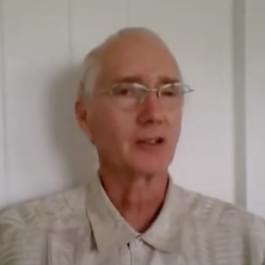History
Top episodes in History
Iain Davis discusses his must-read upcoming book “The Technocratic Dark State: Trump, AI, and Digital Dictatorship” which explains how “the worldwide implementation of Technocracy today is without a doubt the most terrifying, totalitarian, and lethal threat to liberty that the people on this planet have ever faced”. Wa
It's easy to be pessimistic about inequality. We know it has increased dramatically in many parts of the world over the past two generations. No one has done more to reveal the problem than Thomas Piketty. Now, in this surprising and powerful new work, Piketty reminds us that the grand sweep of history gives us reasons

Long Reads: The Legacy of Greece’s Oxi Referendum w/ Yanis Varoufakis
It’s now ten years since the people of Greece voted in a referendum on the austerity program of the European Union. The referendum was called by the government of Alexis Tsipras and his left-wing Syriza party after months of negotiations with the EU. It brought the attention of the world media to what was happening in
Twenty-five years ago, author Malcolm Gladwell published "The Tipping Point," about how ideas and behavior spread in a society to create positive change. The book was an international bestseller, having since sold over 2 million copies in the U.S. alone. In his follow-up, "Revenge of the Tipping Point," Mr. Gladwell lo
Charles Hugh Smith: Anti-Progress, Resource Constraints, & Digital Neofeudalism
Charles Hugh Smith discusses civilization’s crumbling status quo and the hydrocarbon industrial age or current world system which some view as superabundant due to technology while others question whether we’ve used up the easy energy and are facing resource constraints. He comments on cycles, empire, financialization,
Mikkel Thorup: People Continue to Double Down on Plan B Despite Trump 2.0
Mikkel Thorup of Expat Money discusses the work he does in helping people expatriate to greener pastures and why even with Trump back in power people continue to double down on Plan B and second passports and residencies. He comments on the viability of Kevin O’Leary and Trump’s proposed North American Union, encroachi



















